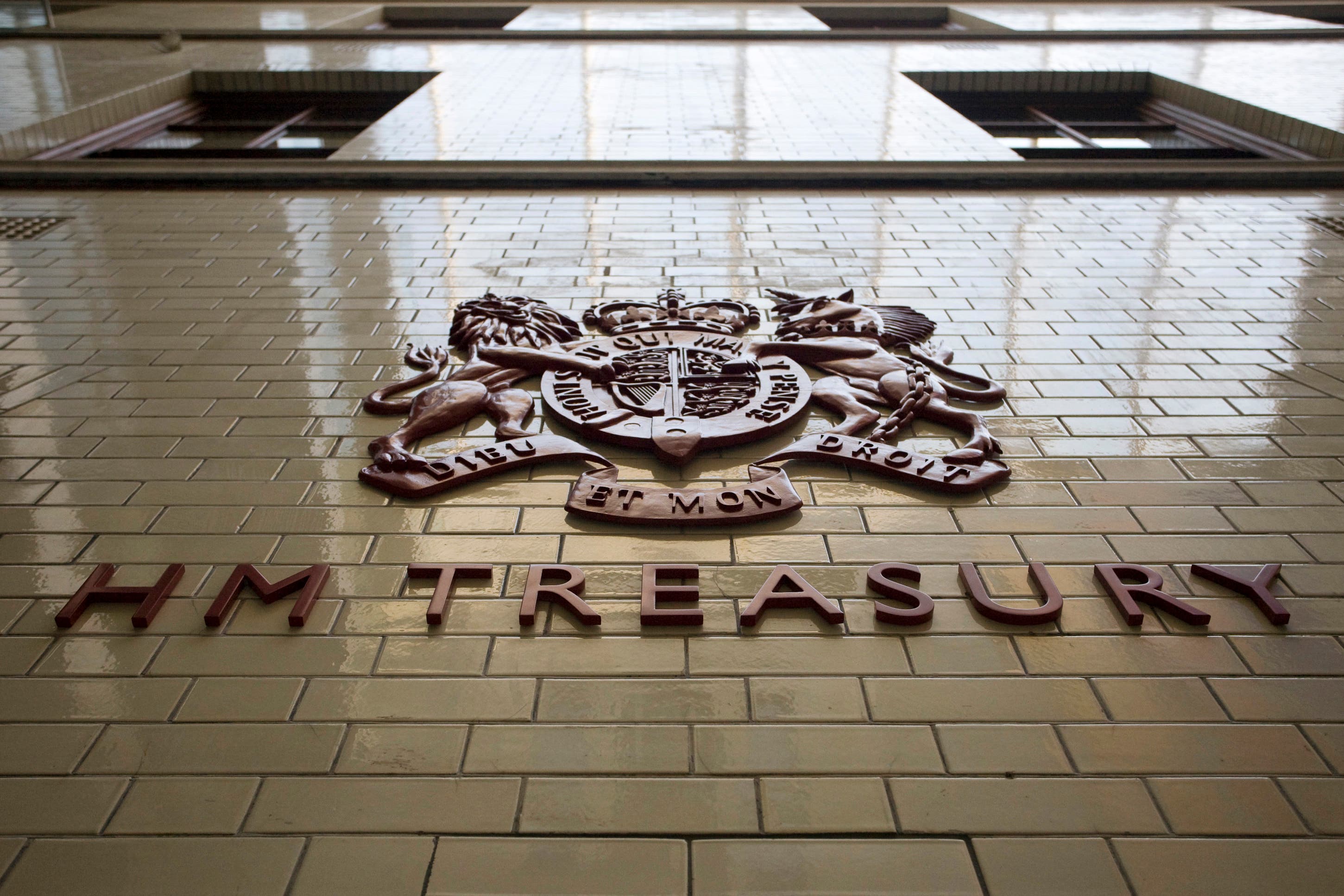UK public debt increases to highest since 1961
The Office for National Statistics said that public sector net borrowing hit £15 billion for the month.

Your support helps us to tell the story
From reproductive rights to climate change to Big Tech, The Independent is on the ground when the story is developing. Whether it's investigating the financials of Elon Musk's pro-Trump PAC or producing our latest documentary, 'The A Word', which shines a light on the American women fighting for reproductive rights, we know how important it is to parse out the facts from the messaging.
At such a critical moment in US history, we need reporters on the ground. Your donation allows us to keep sending journalists to speak to both sides of the story.
The Independent is trusted by Americans across the entire political spectrum. And unlike many other quality news outlets, we choose not to lock Americans out of our reporting and analysis with paywalls. We believe quality journalism should be available to everyone, paid for by those who can afford it.
Your support makes all the difference.UK state debt rose to levels not witnessed for more than 60 years in May despite lower-than-expected Government borrowing, according to official figures.
The data, which comes only two weeks prior to the General Election, underscores the financial challenge facing the next Government, with both Labour and the Conservatives pledging to cut debt.
The Office for National Statistics (ONS) found that public sector net debt as a proportion to UK GDP (gross domestic product) rose to 99.8% for the month.
This marks the highest reading since March 1961, the ONS said.
Both Labour and the Conservative parties have said in the run up to the election that they will meet a fiscal rule to reduce the debt-to-GDP ratio over the next five years.
Prime Minister Rishi Sunak promised to reduce debt as one of his five pledges at the start of 2023.
It came as the statistics body also revealed that public sector net borrowing hit £15 billion for the month.
Initial data found public sector borrowing – the difference between Government spending and income – was £0.8 billion higher than the same month a year earlier.
It was also the third highest May since monthly records began in 1993.
Nevertheless, this was £0.6 billion below forecasts from the Office for Budget Responsibility (OBR), the Government’s official forecaster, and was also less than economists had predicted.
Central Government had receipts – the money it receives, predominantly through taxes – of £76.8 billion for the month.
Given that the current tax and spending plans look extremely difficult to fulfil, the new government is going to have to raise more in taxes, or borrow more
This represented a £1 billion increase after receiving more through income tax, corporation tax and VAT.
Meanwhile, Government spending was recorded as £91.6 billion for May, up £2.8 billion from the same month a year earlier.
The increase was partly linked to a £2.2 billion rise in social benefits following the inflation-linked rise in benefit payments.
Departmental spending on goods and services was also higher after inflationary pressure on running costs.
Thomas Pugh, economist at RSM UK, said: “In the first two months of the financial year, borrowing has undershot the forecast the OBR made in March by about £3.3 billion.
“That will make things a little easier for the new government but given the scale of the fiscal squeeze coming in the next parliament it is a drop in the ocean.
“Given that the current tax and spending plans look extremely difficult to fulfil, the new government is going to have to raise more in taxes, or borrow more.
“Simply keeping non-protected departments budgets stable in real terms will add an extra £20 billion to government spending.”